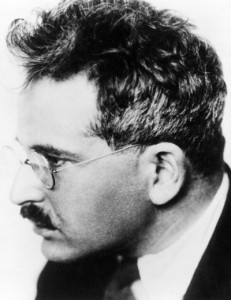 [scene from “Decasia” ; image courtesy of University of South Carolina Moving Image Research Collections/Icarus Films]
[scene from “Decasia” ; image courtesy of University of South Carolina Moving Image Research Collections/Icarus Films]
Now, obviously, the only way to translate the written word to the cinema involves doing considerable violence to the written word, to the extent, indeed, of forgetting the written word. A film is meant to be seen, and, ideally, the less a film talks, the better. The cinematic translation, nevertheless, however great and necessary the violence it is compelled to us on the original form, is obliged to remain faithful to the intention, and the vision, of the original form. The necessary violence of the translation involves making very subtle and difficult choices. The root motive of the choices made can be gauged by the effect of these choices: and the effect of these deliberate choices, deliberately made, must be considered as resulting in a willed and deliberate act—that is, the film which we are seeing is the film we are intended to see.
— James Baldwin, on the film adaptation of Billie Holiday’s autobiography, Lady Sings the Blues (from The Devil Finds Work)
Enlightening, given a continued flow of tepid films adapted from searing books.
What is the most successful — and not necessarily faithful! — film translation of an extraordinary book? Write your thoughts in the comment below.


